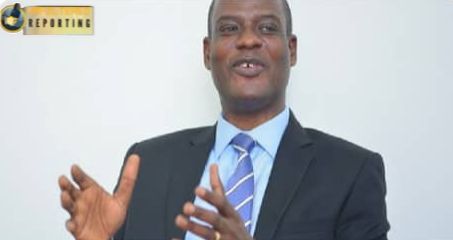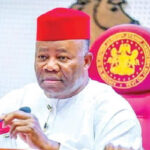Taiwo Oyedele, Chairman of the Presidential Fiscal Policy and Tax Reforms Committee, has stated that Nigeria could have become a $1 trillion economy if the ongoing tax reforms had been implemented a decade earlier. Speaking during a stakeholders’ engagement event in Lagos, Oyedele explained that the country missed a critical opportunity over the past 10 years due to outdated tax policies, poor fiscal coordination, and over-reliance on oil revenues. He noted that if comprehensive reforms had taken place earlier, Nigeria would have expanded its economic base, improved investor confidence, and accelerated the development of its middle class.
“If we had implemented the right fiscal and tax reforms 10 years ago, we would not be talking about a struggling economy today. Nigeria would likely have crossed the $1 trillion mark in GDP,” he said. Oyedele compared Nigeria’s performance to that of other African countries such as Kenya and South Africa, whose currencies have remained relatively more stable over the past decade. He emphasized that Nigeria’s lack of coordination and dependence on crude oil exposed it to revenue shocks and left its economy vulnerable. He said the current tax-to-GDP ratio, which stands at about 10.8 percent, is far below the African average of 15 percent and needs urgent attention. The committee’s goal, he said, is to build a fair and effective tax system that supports economic growth while ensuring equity and ease of compliance for citizens and businesses. In May 2025, the National Assembly passed four major tax reform bills aimed at modernizing and harmonizing Nigeria’s tax administration. The new laws—comprising the Nigeria Revenue Service Act, the Tax Administration Act, the Nigerian Tax Act, and the Joint Tax Board Act—seek to improve compliance, eliminate multiple taxation, and streamline revenue collection through a unified digital platform. Oyedele stressed that the full implementation of the reforms could significantly boost Nigeria’s revenue generation, reduce the country’s debt burden, and improve funding for critical sectors such as infrastructure, education, and healthcare. The International Monetary Fund (IMF) has acknowledged the reform effort as a step in the right direction, though it warned that tangible revenue gains might take time to materialize. The IMF emphasized the need for consistent enforcement, better institutional coordination, and transparency. As of the first quarter of 2025, Nigeria’s GDP stands at an estimated $243.7 billion, far below the $1 trillion mark. However, Oyedele believes that with sustained political will and public support, the country can unlock its economic potential. “Our goal is to lay the foundation for a competitive, inclusive, and fair tax system that supports growth and development,” he said, urging Nigerians to support the reforms and contribute to building a more prosperous economy.










